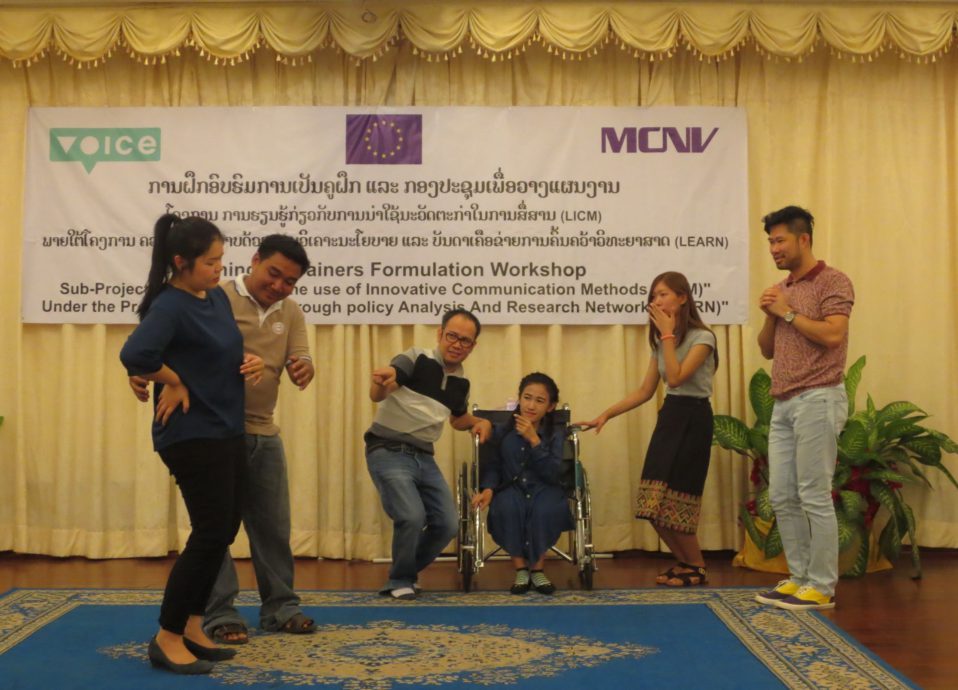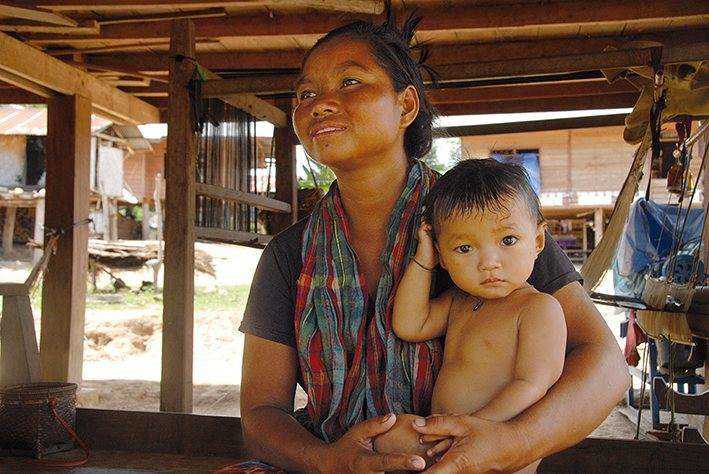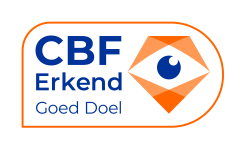Re-advertisement COUNTRY DIRECTOR (CD) LAO PDR
MCNV is a Dutch INGO with the mission to support sustainable development in S.E. Asia. We are working as an international network organisation working on health, social inclusion, livelihoods & climate change and entrepreneurship & value chains. MCNV works from offices in Vietnam, Lao PDR and The Netherlands. All activities of MCNV aim at sustainable improvement of the situation of disadvantaged groups in society. In Lao PDR, we undertake integrated rural development activities with a focus on nutrition and mother and child healthcare. At a national level MCNV supports health research activities in collaboration with Lao Public Health institutes via the EU-funded LEARN Program. MCNV Laos has currently 2 offices and about 10 employees. MCNV aims to grow its activities in Lao PDR in the coming years. The CD reports to the General Director MCNV and is based in Vientiane Capital.
Key Responsibilities
The CD is responsible and accountable for implementing MCNV’s strategy in Lao PDR to create positive and inclusive change in Lao PDR’s society. The CD is responsible for coaching and co-working with the colleagues and partners, ensuring that the programs are adequately resourced and deliver successful outcomes. He or she has representational and influencing skills, and can engage effectively with a diverse range of stakeholders (program beneficiaries, government officials, institutional and private donors, business leaders and other NGO’s). The CD creates new leads for funding and co-develops proposals.
Tasks
- Management of the staff and offices in Lao PDR;
- Take final responsibility (for the delegation of responsibilities to staff) in the areas of policy, finance, HRM, communication, fundraising, reporting and quality;
- Responsible for a timely and accurate reporting cycle of the programs, which run in Lao PDR and for overall MCNV Lao PDR quarterly reporting;
- Ensure that the programs are implemented effectively and efficiently, in accordance with policies and procedures of donors and MCNV;
- Support and contribute to generating financial resources for MCNV;
- Contribute to MCNV’s strategic development;
- Ensure and promote the visibility and good name of MCNV;
- Liaise with key stakeholders to support and position MCNV well and to develop MCNV’s network;
- Represent MCNV at (high-level) meetings or seminars;
- Contribute to activities of the organisation as a whole, ensuring smooth functioning.
Qualification
- Affinity with the aims and culture of MCNV;
- At minimum, a Master’s degree in a relevant field, with a strong preference for public health/ food security plus 7 years’ experience in a senior management position, preferably within an (I)NGO environment;
- Demonstrated experience and skills in leadership, staff management, organisational development, program development and management, strategic planning, monitoring and evaluation;
- Demonstrated ability to generate program funding including donor cultivation and grant writing;
- A motivating and coaching style of working with natural leadership;
- Committed to teambuilding and able to develop and support other team members;
- Excellent problem solving skills and ability to resolve ambiguity and conflict;
- Flexible, and able to manage multiple tasks and conflicting priorities within tight deadlines;
- Able to communicate well in multicultural settings and at different levels;
- Strong working knowledge of English (spoken and written);
- Experience working within Lao PDR is preferred; within SE Asia development context is a plus.
To Apply
Further details can be found at our website mcnv.org. Qualified candidates should submit a cover letter and resume in English to kannika.keohavong@mcnv.la noting the job title in the subject line. The closing date for applications is 23 November 2017. The first round of interviews will be held in week of 4 December 2017. MCNV is an equal opportunities employer. The salary package is in line with the goals and non-profit status of the foundation. The position is initially offered for one year, with the intention of extension.




 Purpose
Purpose e participants will take home ideas and skills of how to effectively use several writing process designs and tools, like the Action Learning Cycle, the Outside/Inside Story, Listening at Three Levels and Free-writing, f
e participants will take home ideas and skills of how to effectively use several writing process designs and tools, like the Action Learning Cycle, the Outside/Inside Story, Listening at Three Levels and Free-writing, f


 Lai is one of 9 communes in the microfinance project run by MCNV and Women’s Union. After 4 months of implementation, Thoi Lai has been providing microfinance services to 138 poor women from the initial capital of Euro 20,000 funded by Hulza. Among them, 94 households used their micro loans to build high-capacity water containers to retain rain water to meet domestic consumption and livestock needs during dry seasons. 43 others borrowed to invest in their home business. The project also gives 1 loan for production group and 13 loans to buy health insurance.
Lai is one of 9 communes in the microfinance project run by MCNV and Women’s Union. After 4 months of implementation, Thoi Lai has been providing microfinance services to 138 poor women from the initial capital of Euro 20,000 funded by Hulza. Among them, 94 households used their micro loans to build high-capacity water containers to retain rain water to meet domestic consumption and livestock needs during dry seasons. 43 others borrowed to invest in their home business. The project also gives 1 loan for production group and 13 loans to buy health insurance.




